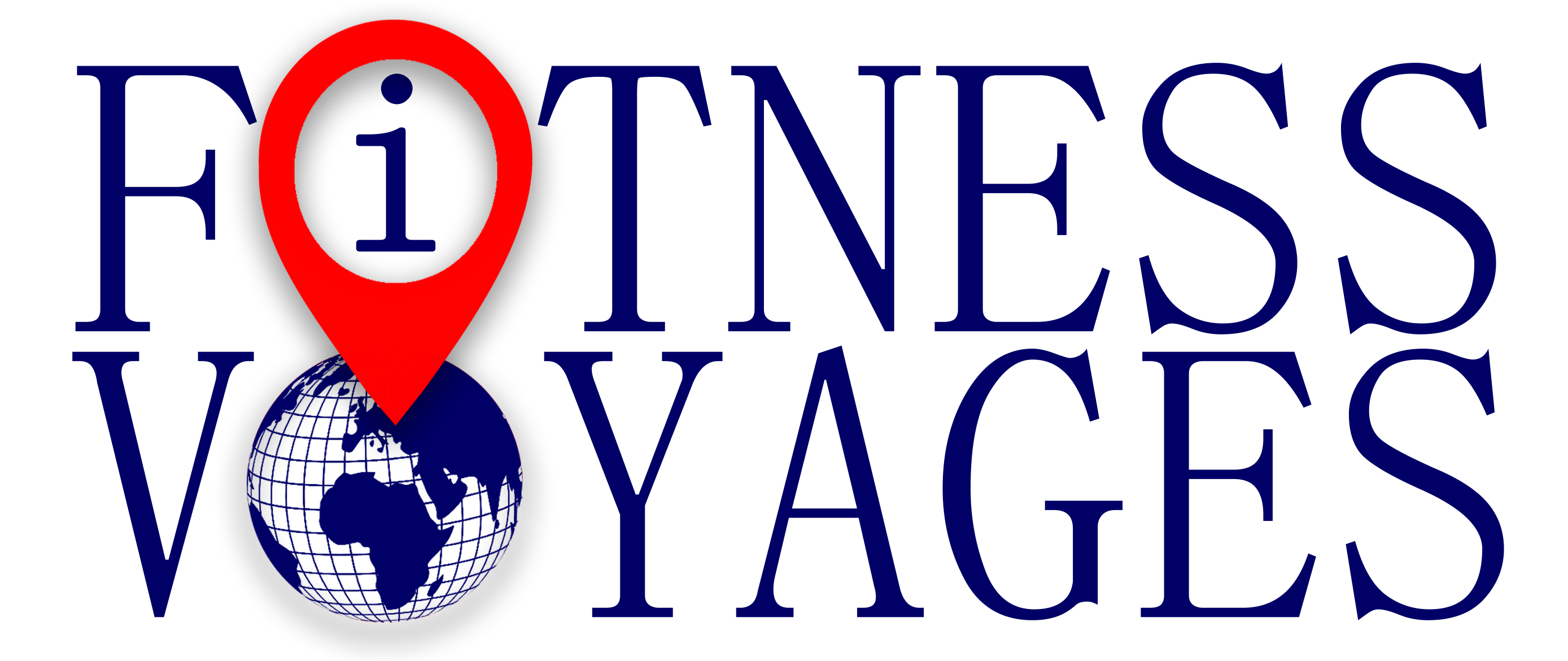
The Meaning of [FITNESS] Through Time
In the vast lexicon of human language, the term “fitness” transcends its contemporary association with exercise and athleticism. Tracing its roots reveals a rich tapestry of historical evolution and semantic transformation.
Though we have grown to think exclusively in physical terms, the word fitness is defined as “the quality of being suitable” and comes from adding the Old English suffix -ness, meaning “the state of being” to the root word fit, meaning “proper or suitable” which may come from the Latin word [fīctus], which is the archaic past participle of [fīgō]. The word “fitness” has been used since the 1570s, but the nuance “state of being physically fit” has only been used since 1935.
Originating from the Old French word “fetise,” meaning “aptitude” or “suitability,” the concept of fitness has undergone a semantic journey. In the 16th century, it evolved to encompass notions of conformity and suitability, a sense retained in phrases like “to be fit for a purpose.” This linguistic metamorphosis aligns with broader societal shifts, reflecting changing perceptions of what is deemed suitable or appropriate.
Fast forward to the 19th century, and the term acquires a physiological connotation. The burgeoning interest in physical health during the Industrial Revolution spurred the development of “physical fitness” as a concept. The influential work of Archibald MacLaren, a pioneer in physical education, played a crucial role in popularizing this term.
Contemporary usage of “fitness” predominantly refers to the state of being physically fit. Numerous studies underscore the importance of regular physical activity for overall well-being. According to the World Health Organization (WHO), physical inactivity is a leading risk factor for global mortality.
As language mirrors societal values, the evolution of “fitness” mirrors our evolving understanding of health. Today, it encapsulates not only bodily prowess but also a holistic well-being that encompasses mental, emotional, and social dimensions. Embracing the historical and multidimensional facets of “fitness” illuminates its true essence — a word that mirrors the evolving narrative of human health and well-being across centuries.





